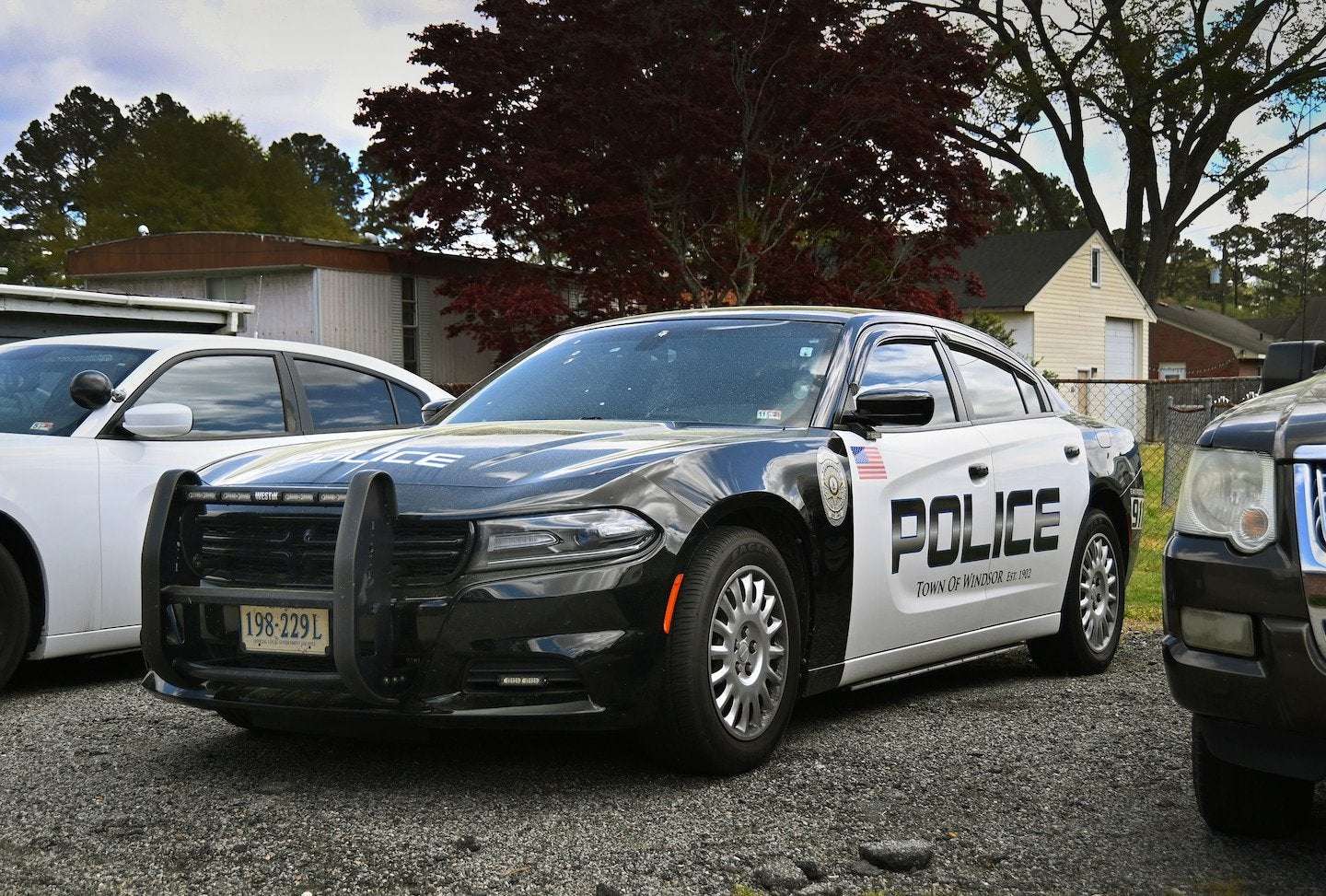Nick Sibilla is a legislative analyst at the Institute for Justice. In a long-overdue reform, Gov. Glenn Youngkin (R) last month signed bipartisan legislation that will finally prohibit ticket and arrest quotas for Virginia’s law enforcement agencies. Sign up for a weekly roundup of thought-provoking ideas and debates ArrowRight Across the commonwealth between July 2020 and January 2022, almost two-thirds of all traffic stops resulted in a ticket, with police issuing nearly 875,000 citations and summons. But under the new bills (S.B. 327/H.B. 750), police departments, sheriff’s offices and the Virginia State Police will be barred from setting any formal or informal quota on the number of arrests or summonses a law enforcement officer is expected to make. The new law will also ban law enforcement agencies from using those figures as “the sole criterion for evaluating an officer’s job performance.”
Quotas abound in Virginia, though they’re usually concealed under a euphemism. One memo obtained by WRIC revealed that the Alexandria Police Department set a “minimum standard of production” for officers serving in the Traffic Safety Section: eight traffic stops during a 10-hour shift. Officers who failed to issue enough citations would “be placed under a Performance Improvement Plan” until their numbers rose. That same memo also claimed that “these production numbers are not a ‘quota.’”
In another memo, this time from a Virginia State Police supervisor in the Williamsburg area, troopers were expected to write a minimum of one ticket every two hours, but ideally “you should be writing more if you want to remain on free patrol.” As in Alexandria, the Virginia State Police denied it was setting a quota, but instead was relying on “average benchmarks.”
No matter what they’re called, quotas clearly warp police priorities. Instead of basing arrests or tickets on actual threats to public safety, quotas incentivize officers to rack up numbers to keep their jobs or advance their careers.
Then there is the institutional incentive to raise revenue, or what the Institute for Justice has criticized as “taxation by citation.” Because raising taxes is politically unpopular, many municipalities instead pad their budgets by imposing fines and fees, turning traffic cops into impromptu tax collectors. In fiscal 2019, Virginia generated a staggering $298 million in revenue from fines, fees and forfeitures — the fourth-highest in the nation — according to the Urban Institute.
When politics have become so bitterly divisive (especially surrounding policing), the ban on arrest and ticket quotas was refreshingly bipartisan. The bills passed the Virginia General Assembly unanimously, with both civil rights groups and the Virginia Police Benevolent Association backing the ban. With the governor’s signature, Virginia joins more than 20 other states (including neighbors North Carolina and Tennessee) that have already banned ticket quotas.
The ban on arrest and ticket quotas is just the latest reform that protects Virginia drivers from unjust police practices. In 2020, Virginia repealed laws that suspended driver’s licenses for unpaid fines and fees as well as for drug crimes unrelated to driving. That same year, Virginia became the first state to prohibit pulling over motorists based on minor driving violations, such as having tinted windows or a broken taillight.
Law enforcement has long used petty traffic code offenses as a pretext to stop drivers they suspect are carrying drugs, guns or even just cash. However, according to recent data by the Virginia Department of State Police, just 2 percent of all traffic stops resulted in an arrest, belying the notion that pulling drivers over is an effective way to fight crime. Worryingly, more than 40 percent of those arrested were Black, even though they account for less than 20 percent of the state’s population. But soon after the 2020 ban on pretextual stops took effect, police searches of White and Black drivers plummeted by 30 percent and 40 percent, respectively.
By curtailing quotas, Virginia will further protect thousands of drivers from unwarranted traffic stops and tickets.

donbigone on May 20th, 2022 at 22:49 UTC »
Wow
Lola_PopBBae on May 20th, 2022 at 21:47 UTC »
This should be a federal law, but it's good progress nonetheless!
Dallenforth on May 20th, 2022 at 20:29 UTC »
Nice they even closed this loophole